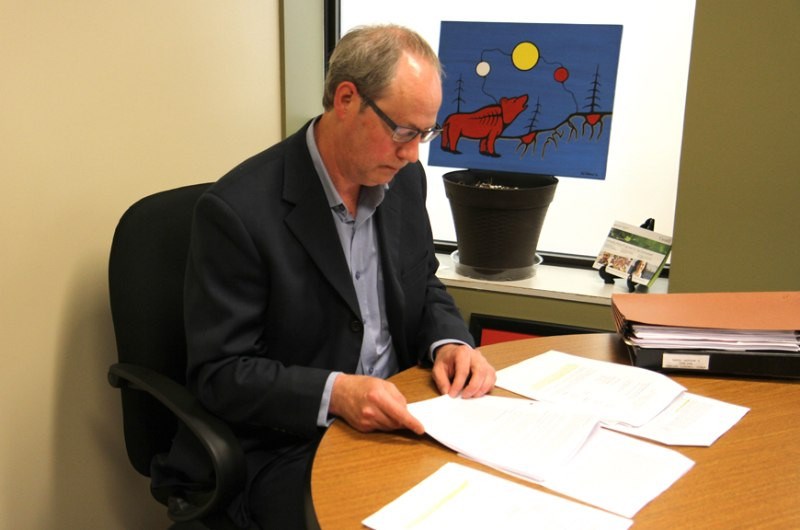The city remains in a state of emergency after last year’s flood.
And it will be until at least the Spring of 2015 when the estimated $26 million worth of work at the Atlantic Avenue Sewage Treatment Plant is complete.
City council will hear a report Monday night that stipulates three things that need to be met before the emergency is called off by mayor Keith Hobbs.
The first is that the plant be restored to its pre May 28, 2012, condition. The second is that the city implement short and long term recommendations made by consultants and the third is that the city is certain the plant can mitigate harm and damage to people and property in the future.
“There are breakdowns, there are electrical systems that continue to malfunction so as a result of that and the fact that the plant is being rebuilt the emergency has remained in place,” city infrastructure manager Darrell Matson said.
The plant is being staffed 24 hours a day while work continues and remains on high alert although it has performed well so far Matson said. But there is always the risk that it could fail until work is complete.
“There is no such guarantee,” Matson said.
A state of emergency means that as daily purchases are made for the plant, the city doesn’t have to use standard purchasing processes like public tender or getting multiple quotes.
But Matson said that is only for purchases made for the plant, not for any other city department.
While $5 million of the work is already budgeted for through the city’s asset management programs, the remaining $21 million will come from insurance claims that will be made on an ongoing basis. Matson said anything that won’t be covered by insurance, such as upgrades, have already been budgeted for.
“We feel quite comfortable that that is the remaining costs to complete the remediation and the construction and removal of the damaged equipment,” Matson said.
